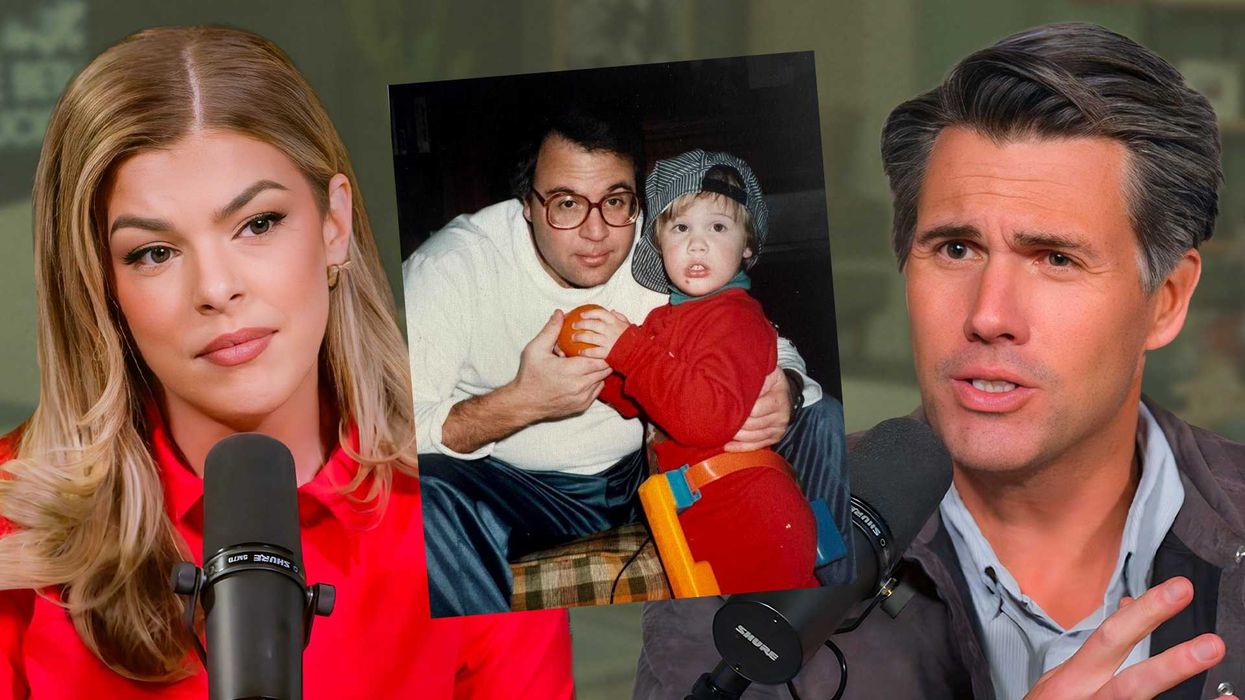
© 2026 Blaze Media LLC. All rights reserved.
"a dearth of babies and a limp economy may be reinforcing each other."
 (Photo: Shutterstock.com)
(Photo: Shutterstock.com)
You might have already heard that the U.S. birth rate for 2011 was the lowest ever recorded in the country's history. While some are saying this is cause for concern, others would disagree.
 (Image: Pew Research Center)
(Image: Pew Research Center)
Although the final data from 2011 is not yet available, the Pew Research Center, which published the statistics last week, using preliminary data from the National Center for Health Statistics found the overall birth rate in 2011 was 63.2 per 1,000 women of childbearing age, which is considered age 15 through 44.
The Pew Research Center said that although it didn't investigate why fewer women were having children, its analysis showed "fertility decline is closely linked to economic distress."
Rick Newman wrote in a blog post for U.S. World News and Report that a continuing trend of low birth rates could result in "lower living standards for most Americans in the future." He argues with America's "dynamic economy" has the ability to create wealth and has enough resources to provide for a growing population, which can make it successful.
"Everybody comes into world with one mouth and two hands," Newman noted economist Donald Boudreaux with George Mason University saying. "It's generally true that most people produce more than they consume."
With people waiting longer to get married and/or to have babies, Newman wrote, it too results in a drop in consumerism, which also puts a damper on the economy.
As it is right now, Newman wrote "a dearth of babies and a limp economy may be reinforcing each other. A few more babies would be good for business."
Along a similar line, columnist Ross Douthat wrote in an op-ed titled "More Babies, Please" for the New York Times' Sunday Review that "[s]table families are crucial to prosperity and mobility [...]." Douthat considers the decline the cultural result of modernity.
Douthat wrote that the current generations prefer the "comforts and pleasures of modernity" but not the sacrifice "that built our civilization in the first place." The solution to this, Douthat wrote, ultimately comes from a change in individual's choices, which he notes "is how all social and cultural recoveries are ultimately made." Douthat also advocates for policies to help as well.
In response to Douthat's op-ed, Jeff Spross wrote on liberal-leaning blog Thing Progress in a post called "Why You Shouldn't Believe the Unfounded Concerns Over Falling U.S. Birth Rates" that there are "a whole host of positive" effects from a lowered birth rate. These include "female literacy, increased job opportunities for women, overall national wealth, and women gaining greater control over their own reproduction."
Spross also wrote that Pew's measurement of fertility rates per 1,000 women might not be the most accurate of measurements. Spross takes a look at the total fertility rate -- the average number of children women have in their entire lifetime -- which, according to statistics from the Population Reference Bureau, 1976 was the lowest year for birth rates. After that fertility rates were rising steadily but did drop off during the recent recession, which Spross wrote is "a typical and temporary reaction to hard economic times."
Noah Millman in The American Conservative weighed in on the issue as well writing that with each advancement of humanity, there was a boom in the population that then "settled down into new, relatively stable forms." This could be what is happening with the birth rate now. If it is, Millman gently criticized Douthat's view in the Times that "stability" associated with the terms he uses like “decadence” and “exhaustion.”
What do you think of the reported birth rate decline? Let us know in the comments.
Featured image via Shutterstock.com.
Want to leave a tip?
We answer to you. Help keep our content free of advertisers and big tech censorship by leaving a tip today.
Want to join the conversation?
Already a subscriber?
more stories
Sign up for the Blaze newsletter
By signing up, you agree to our Privacy Policy and Terms of Use, and agree to receive content that may sometimes include advertisements. You may opt out at any time.
Related Content
© 2026 Blaze Media LLC. All rights reserved.
Get the stories that matter most delivered directly to your inbox.
By signing up, you agree to our Privacy Policy and Terms of Use, and agree to receive content that may sometimes include advertisements. You may opt out at any time.






